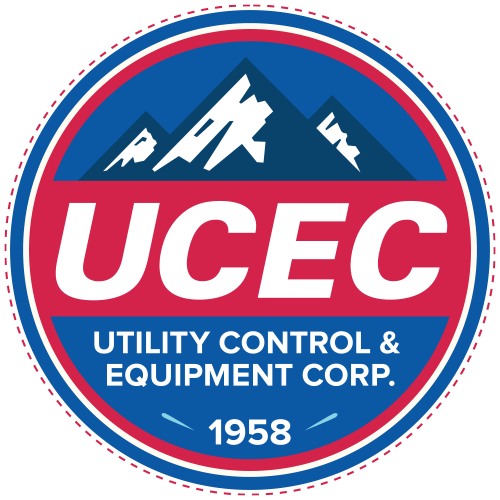Key Points and Call to Action for Energy-Efficient Industrial Control Panels - Part 8
In today's industrial landscape, control panels serve as vital components across various industries, orchestrating complex systems with precision. Recognizing the significance of energy efficiency in control panel design is paramount for reducing costs and minimizing environmental impact. Let's explore the key points and a compelling call to action for embracing sustainable practices in engineering and design.
I. Introduction
Control panels play a pivotal role in industrial operations, requiring meticulous attention to energy efficiency to optimize performance and sustainability.
II. Selection of Energy-Efficient Components
Choose components with low power consumption to minimize energy usage.
Evaluate efficiency ratings and adhere to industry standards for optimal performance.
Integrate modern technologies like solid-state relays and LED indicators to enhance energy savings.
III. Power Management Techniques
Implement efficient power distribution systems to minimize energy losses.
Utilize smart control algorithms to optimize power usage based on real-time demand.
Incorporate energy monitoring and feedback mechanisms to track usage and adjust accordingly.
IV. Integration of Renewable Energy Sources
Assess the feasibility of integrating renewable energy sources into control panel design.
Incorporate solar, wind, or other renewable sources to reduce reliance on fossil fuels.
Explore hybrid systems and energy storage solutions for enhanced efficiency and reliability.
V. Optimization of Energy Consumption
Prioritize system-level optimization to maximize efficiency across the control panel.
Balance performance requirements with energy efficiency goals to achieve optimal results.
Implement continuous monitoring and adjustment mechanisms for sustained efficiency gains.
VI. Case Studies and Examples
Real-world examples demonstrate the effectiveness of energy-efficient control panel designs, showcasing significant energy savings achieved through efficient control panel implementation.
VII. Challenges and Future Trends
Addressing common challenges in control panel design is crucial to overcoming barriers to energy efficiency. By keeping abreast of emerging trends and technologies, industries can leverage advancements in the field to further improve energy efficiency in control panel design.
Conclusion: A Call to Action
The importance of prioritizing energy efficiency in industrial control panel design cannot be overstated. By embracing sustainable practices in engineering and design, organizations can unlock significant benefits, including reduced operational costs, enhanced sustainability, and improved competitive advantage.
As we confront the complexities of escalating energy expenses, environmental considerations, and regulatory demands, the adoption of energy-efficient control panels becomes an essential strategic priority. It is incumbent upon all stakeholders within the industrial ecosystem to collaborate, innovate, and effect significant change.
Let us respond to this imperative and initiate a collective journey toward a more sustainable and promising future.
UL 508A, 698A, & NNNY Certified.
Pioneering the Past, Engineering the Future: Craftsmanship Unleashed!

